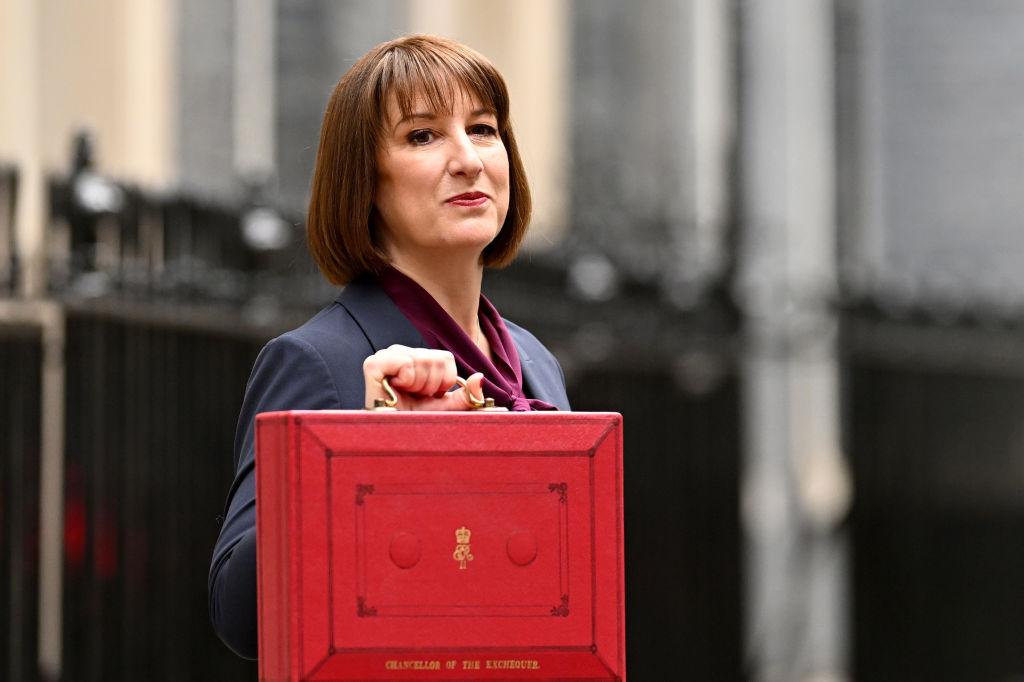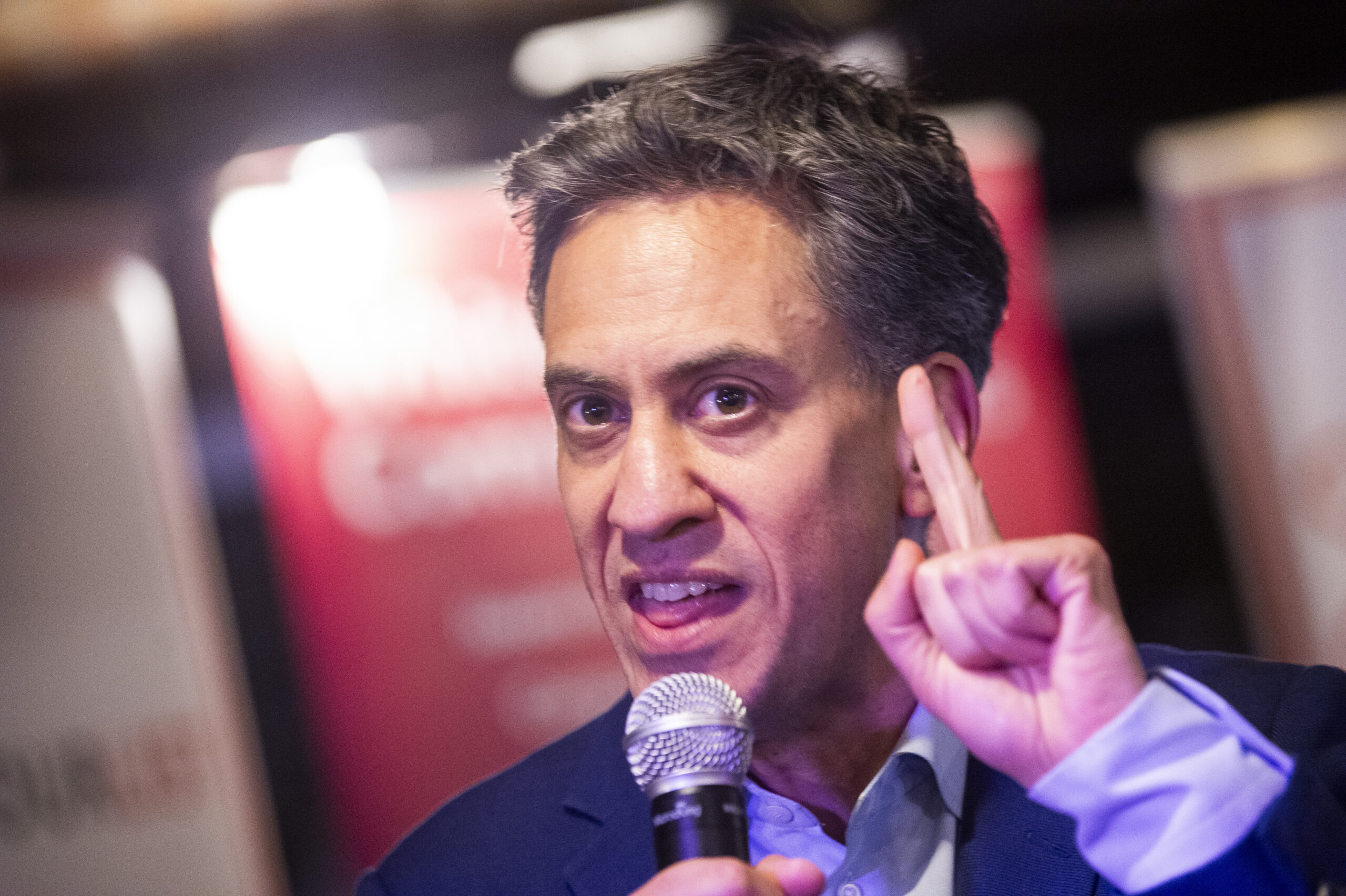The 2025 Autumn Budget, delivered by Chancellor Rachel Reeves, represents a defining moment in Labour’s government and its economic stewardship.
Any political speech has multiple audiences, and the politics of the time dictate which are the most important.
For today’s Budget, the primary audiences are the markets – to avoid a Liz Truss-style meltdown that would further increases government borrowing costs (hence the much larger fiscal headroom of £22 billion) – and Labour backbenchers, whose support is essential if Reeves and the Prime Minister are to keep their jobs (hence the end of the two-child benefit cap).
The public, while most directly impacted by today’s announcements, are arguably a secondary audience: if they react badly, backbench pressure will rise – and MPs may move swiftly.

Reeves’s Budget was as much about political positioning as fiscal arithmetic. By ruling out austerity, she distanced Labour from the spending cuts associated with post-financial crisis Conservative governments. Her speech marked a return to traditional Tory-bashing, rather than the recent rhetorical attacks on Reform that Starmer unleashed at his conference speech.
Against the backdrop of a £30 billion fiscal gap and pervasive public frustration with the cost of living, Reeves unveiled a package combining tax rises with reforms designed to project fairness and stability. The Budget leans heavily on tax hikes, with consequences that will ripple across multiple sectors and reshape the environment for businesses, households, and public services.
However, Reeves’ reliance on tax rises risks alienating middle-income households already squeezed by stealth taxation. Labour is betting that businesses and voters will value predictability and fairness over short-term financial pain – but the proof will come in how markets react and what voters say on the doorstep.
One of the most striking measures was the extension of the freeze on income tax thresholds until 2030.
While positioned as unavoidable, the effect is clear: more earners will be pulled into higher tax bands through “fiscal drag”. This stealth tax rise reduces disposable income for workers during a cost-of-living crisis. For businesses, this could translate into weaker consumer demand – particularly in discretionary sectors such as retail and leisure – which could further dampen prospects for economic growth.
Labour will argue that raising the minimum wage increases income for the lowest-paid and could therefore boost spending. The longer-term risk is that these policies prove inflationary – which would hit everyone. Hard.
Reeves’s decision to cut the annual cash ISA allowance from £20,000 to £12,000 – to incentivise savers to channel funds into stocks and shares – is a potentially significant reform. Financial services firms, asset managers, and brokers may benefit from increased demand for investment products, while UK-listed companies could see a modest uptick in domestic equity inflows.
For UK businesses, the Budget delivers a mixed picture.
Consumer facing industries must brace for potentially subdued demand as households adjust to higher taxes. Logistics and transport firms face rising expenses, and property and construction companies must navigate a more complex tax environment. Yet financial services may gain from redirected savings, and the broader emphasis on stability could reassure investors weary of political volatility.
Labour’s strategy is to promote fairness and stability as guiding principles – even at the expense of short-term financial discomfort for households. For UK businesses, the task now is to navigate this new landscape, balancing resilience with any opportunities that may arise from a more predictable and socially balanced economic framework.
In such a shifting policy environment, there is real value in staying close to the debates shaping Westminster.
Those who understand how decisions are made – and can read the political mood – will be best placed to anticipate change and adapt early. For many businesses, that means looking beyond the numbers and engaging with wider policy conversation.
Experts in Effecting Change
At Whitehouse Communications, we help businesses shape their messaging to speak to the priorities of government and cut through the noise.
Our expert strategic advisory services provide the public affairs guidance you need to navigate change. If you want to understand more about what this latest Budget means for you and your business, then do please get in touch with us at info@whitehousecomms.com.


